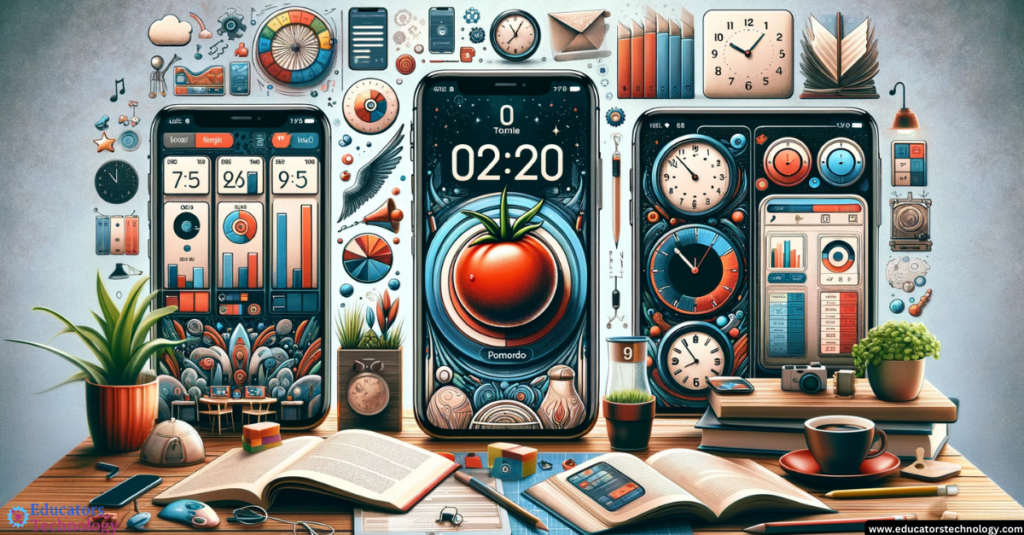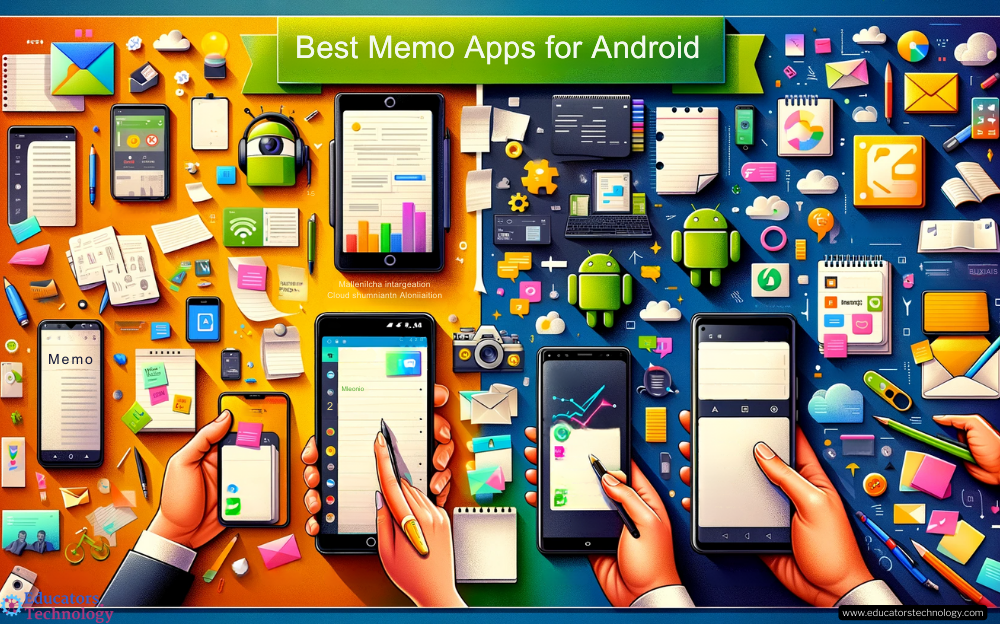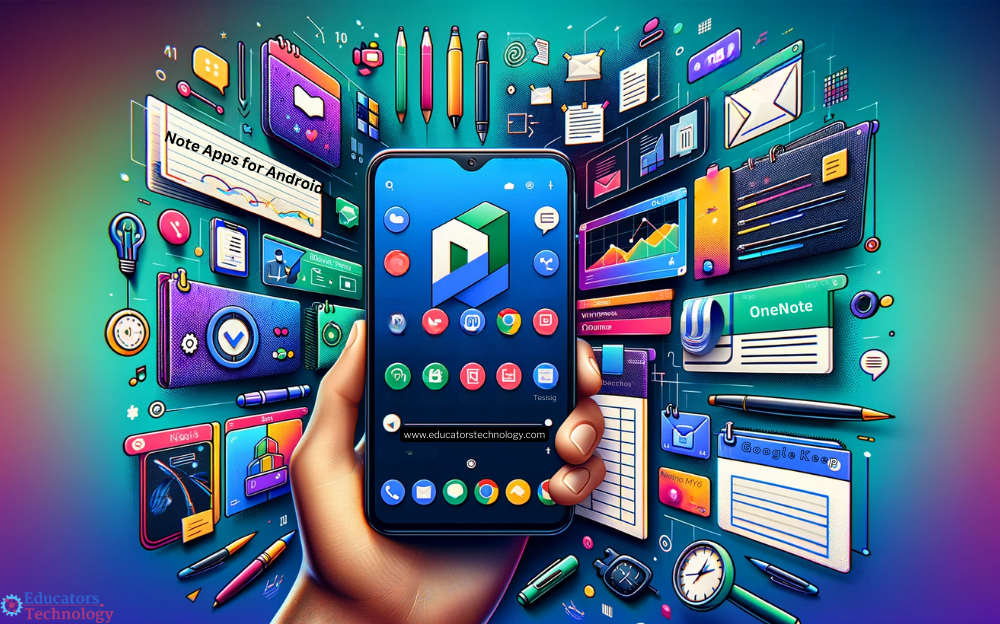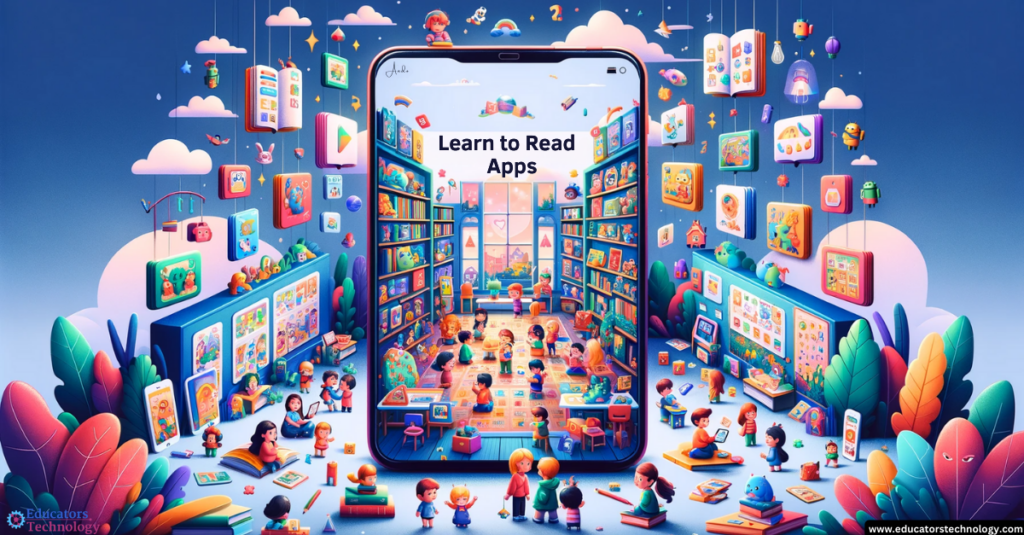
Embarking on the journey of college education is an exciting, albeit challenging, adventure. In today’s digital age, this journey is increasingly complemented by a suite of apps designed to make academic life more manageable and productive.
In this post, I’m excited to delve into the best apps for college students, aiming to help you navigate your academic path with greater ease and efficiency. Whether you’re an undergrad juggling multiple courses or a grad student deep in research, these apps are designed to streamline your educational experience.
This curated list spans various categories, each vital to different aspects of college life. We’ll explore note-taking apps that help capture and organize your thoughts, student planner apps that keep you on track with your assignments, PDF annotation tools for managing digital textbooks, and writing apps for crafting everything from quick essays to in-depth research papers. Plus, we’ll look at some additional categories that are essential in a student’s digital toolkit.
Apps for College Students
Let’s dive in and explore these apps that can make your college journey both manageable and more enjoyable.
1. Word Processing and Document Collaboration:
- Google Docs: Known for its simplicity and real-time collaboration features. It’s cloud-based, making it accessible from any device, and integrates seamlessly with other Google services.
- Microsoft Word: A staple in word processing with advanced formatting, editing features, and robustness. It’s part of the Microsoft Office suite, offering a familiar interface for many users.
- Apple Pages: Ideal for Mac and iOS users, Pages is known for its intuitive design and ease of use. It’s great for creating beautifully designed documents and integrates well with other Apple products.
2. Advanced Writing and Project Management:
- Scrivener: Tailored for long-form writing projects. It excels in organizing research, structuring drafts, and managing complex writing tasks like novels, dissertations, or research papers.
- Ulysses: Offers a distraction-free writing environment. It’s known for its clean interface and is excellent for managing multiple writing projects or daily writing routines.
3. Writing Enhancement and Assistance:
- Grammarly: Offers grammar and spell checking, but also style and tone suggestions. It’s a valuable tool for refining essays, emails, and even social media posts.
- Hemingway Editor: Focuses on making your writing clear and bold. It highlights complex sentences, passive voice, and adverbs, encouraging a more straightforward writing style.
4. Note-Taking and Idea Organization:
- Evernote: Ideal for organizing thoughts, research notes, and even syncing these across devices. It’s more than a note-taker; it’s a digital archive of your ideas and research.
- Notion: Combines note-taking with task management. It’s highly customizable, allowing you to create a personal workspace that caters exactly to your needs.
5. Research and Reference Apps:
- Mendeley: This is a life-saver for anyone involved in academic research. Mendeley not only helps in organizing research papers but also in citing them in your work. Its ability to sync across devices means you can have your research library with you, wherever you go.
- Wolfram Alpha: For students in STEM fields, Wolfram Alpha can be incredibly useful. It’s like having a super-powered calculator and reference tool rolled into one. Whether it’s solving complex equations or getting quick answers to factual queries, it’s quite handy.
6. Time Management and Productivity Apps:
- Forest: This app uses a unique approach to keep you focused – plant a virtual tree, and it grows as long as you stay focused on your task. If you leave the app to check Facebook or play a game, the tree withers. It’s a fun and visually rewarding way to keep track of your productivity.
- Pomodoro Timer Apps : These apps use the Pomodoro Technique – work for 25 minutes, then take a 5-minute break. It’s a proven method to improve productivity and focus, especially during long study sessions.
7. Cloud Storage and File Management Apps:
- Google Drive: For storing and sharing files, Google Drive is a strong contender. It’s particularly useful for collaborative projects since multiple users can edit documents, spreadsheets, and presentations in real-time.
- Dropbox: Another excellent choice for cloud storage. Dropbox is straightforward to use, integrates well with many other apps, and is perfect for keeping all your academic files in one accessible place.
8. Language Learning and Enhancement Apps:
- Duolingo: For students looking to pick up a new language or enhance their language skills, Duolingo offers a fun, interactive way to learn. Its gamified approach makes learning a new language less daunting and more enjoyable.
- Grammarly: Whether you’re writing essays or emails, Grammarly is a great tool to ensure your writing is clear, effective, and mistake-free. It’s like having a personal editor who’s always there to help.
9. AI Assistants
Note here I used the word ‘assistant’ intentionally because these tools are supposed to assist you in your tasks not replace you. So use them mindfully and responsibly. These AI tools, like Bard, ChatGPT, and Jasper, offer unique capabilities that can significantly aid in research, writing, and learning. Let’s explore what each of these AI assistants brings to the table:
1. Bard:
- Research and Information Gathering: Bard, developed by Google, is designed to assist with research and information gathering. It’s adept at pulling up relevant information, summarizing texts, and even helping with understanding complex topics.
- Integration with Google’s Knowledge Base: Being a Google product, Bard likely benefits from integration with Google’s vast knowledge base, making it a reliable tool for accurate and up-to-date information.
2. ChatGPT:
- Writing Assistance and Idea Generation: ChatGPT, created by OpenAI, is particularly useful for writing assistance. Whether it’s drafting essays, generating ideas for topics, or even creating outlines, ChatGPT can handle a variety of writing tasks.
- Conversational Interface: Its ability to understand and respond in a conversational manner makes it user-friendly and accessible for students who may not be tech-savvy.
3. Jasper
- Content Creation and Editing: Jasper is geared towards content creation and editing. It’s a great tool for students who need to create high-quality written content quickly.
- Versatility in Writing Styles: Jasper can adapt to different writing styles and requirements, which is particularly helpful for students working on diverse types of writing projects.
10. PDF Annotation
- GoodNotes: This is a favorite among students for PDF annotation and note-taking. Its handwriting recognition feature is top-notch, making it easy to search handwritten notes. The ability to import and annotate PDFs is particularly useful for managing digital textbooks and research papers.
- Adobe Acrobat Reader: For pure PDF reading and annotation, Adobe Acrobat Reader is a reliable choice. It’s straightforward and offers all the essential annotation tools like highlighting, underlining, and adding notes.
Final thoughts
Whether it’s organizing research with Scrivener, staying focused with Forest, or collaborating on group projects with Google Docs, each app serves a purpose in sculpting a more efficient and effective learning environment. Experiment with these apps, find what works best for you, and don’t be afraid to adjust your toolkit as your needs evolve.
The post Best Apps for College Students appeared first on Educators Technology.



